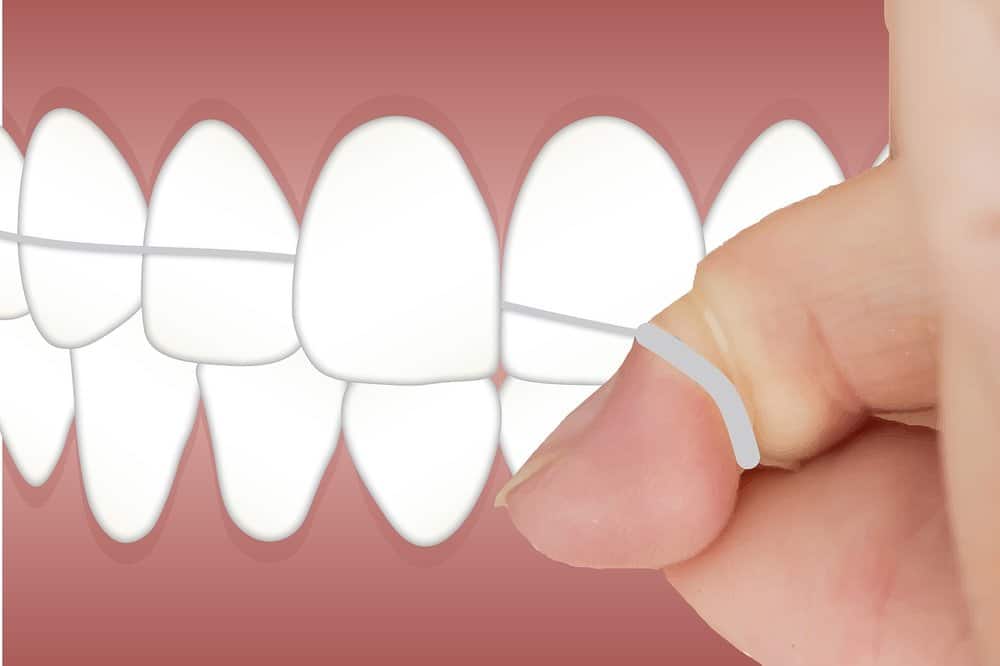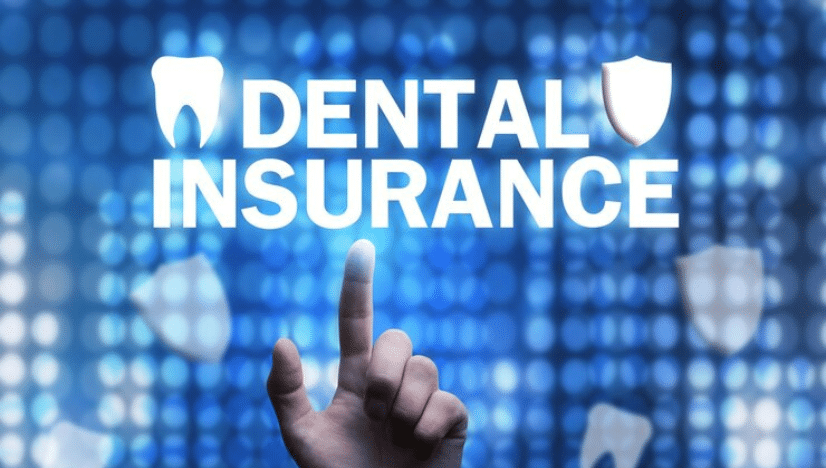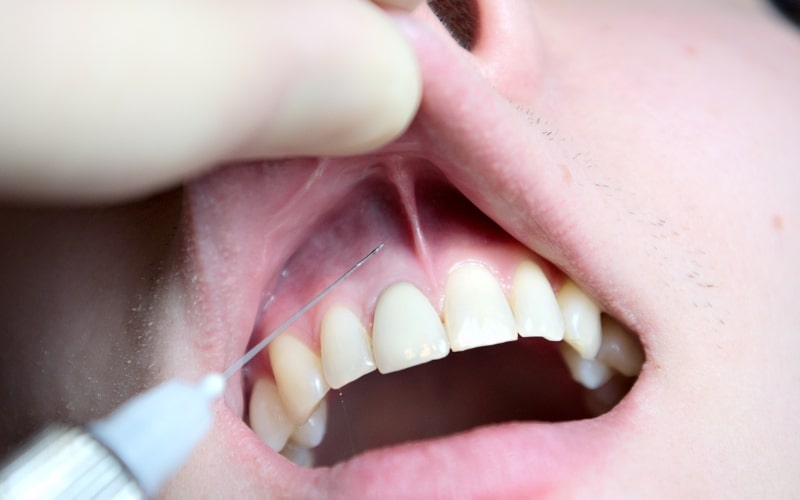27382 Calle Arroyo, San Juan Capistrano, CA, 92675

According to the Dentist in San Juan Capistrano, the most important tooth care happens at home. Brushing and flossing wish are the basic tooth care routine, and they can no doubt help prevent tooth decay and gum disease. According to a press release by the American Dental Association, they warn that “taking care of your teeth and gums isn’t just about preventing cavities or bad breath.” “The mouth is a gateway into your body’s overall health.”

Effective daily oral hygiene is an essential part of your general health and well-being are some of the ways brushing and flossing affect one’s oral health.
• Gum disease
Many people do think bleeding gum during or after brushing is normal, but the sad reality is that it is not. You are probably suffering from gum disease or about to if yours do. Gingivitis which is them a milder form of gum disease makes your gum swollen, red and makes it quick to bleed. Researches show that about half of Americans suffers from gingivitis and this issue heightens and destroy tissues and bones in the mouth if the plaque spreads.
• Tooth loss
Teeth loss is nothing to joke about, and you should be worried if you’ve never been worried about losing your teeth. About 10% of Americans between 50 and 64 have no teeth anymore, and about Adults, 20 to 64 have lost an average of seven (permanent) teeth. The main cause of this issue is cavities and gum disease.
• Dementia
San Juan Capistrano dentists have suggested that there is a link between poor dental health and dementia. Research shows that people who do not brush their teeth daily had a 22% to 65% greater risk of dementia.
• Bad breath
Bad breath clinically known as halitosis affects about 65% of the world population. There are many other causes of bad breath, but the most common cause is poor oral hygiene. The less you brush and floss off food particles the more potentially malodorous bacteria build up. Another contributor to bad breath are the coating on your tongue; however, with regular brushing and flossing, you can help reign in this problem.
• Erectile dysfunction
Preliminary research suggests that there may be a connection between dental disease and erectile dysfunction. One study found that both have been tied to Vitamin D deficiency, general inflammation, and smoking. The study also shows that about 53% of those with erectile dysfunction had severe periodontitis and about 23% of those without ED did.





